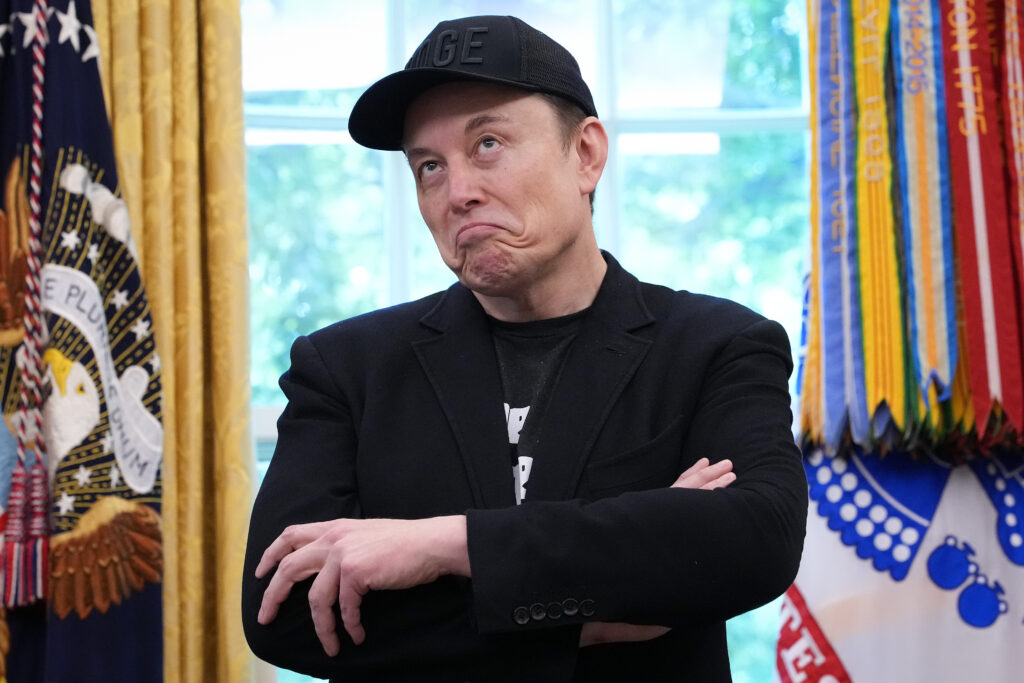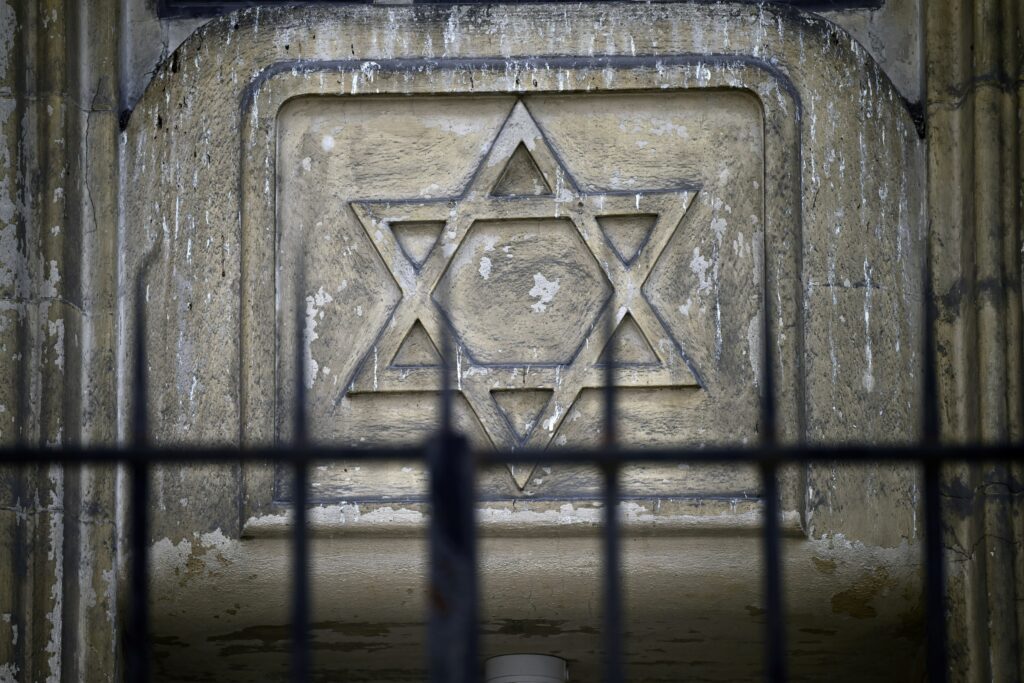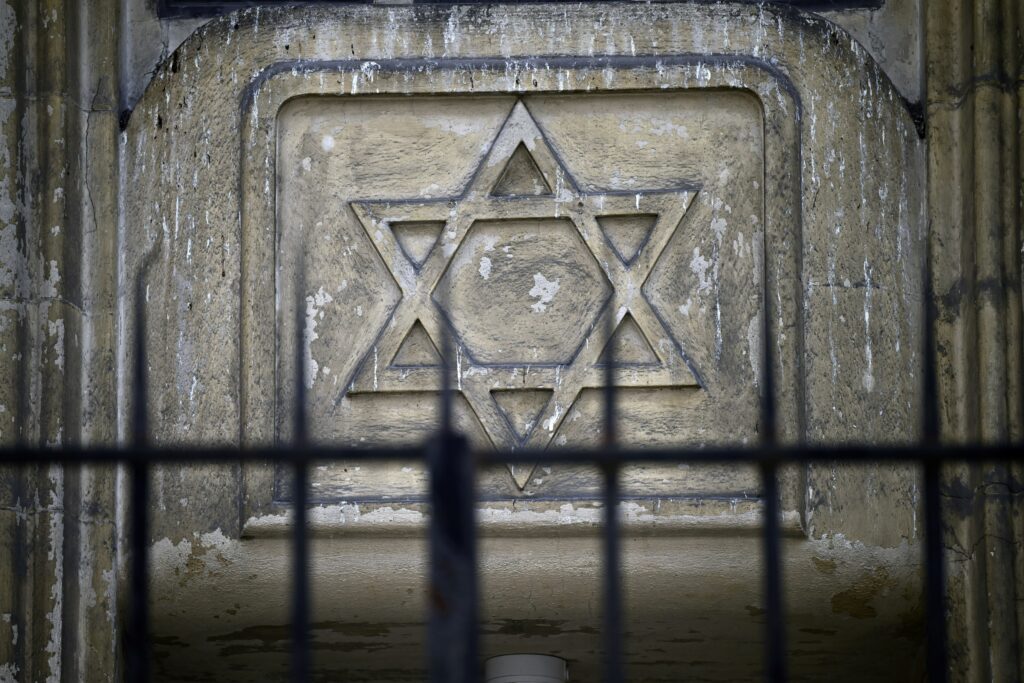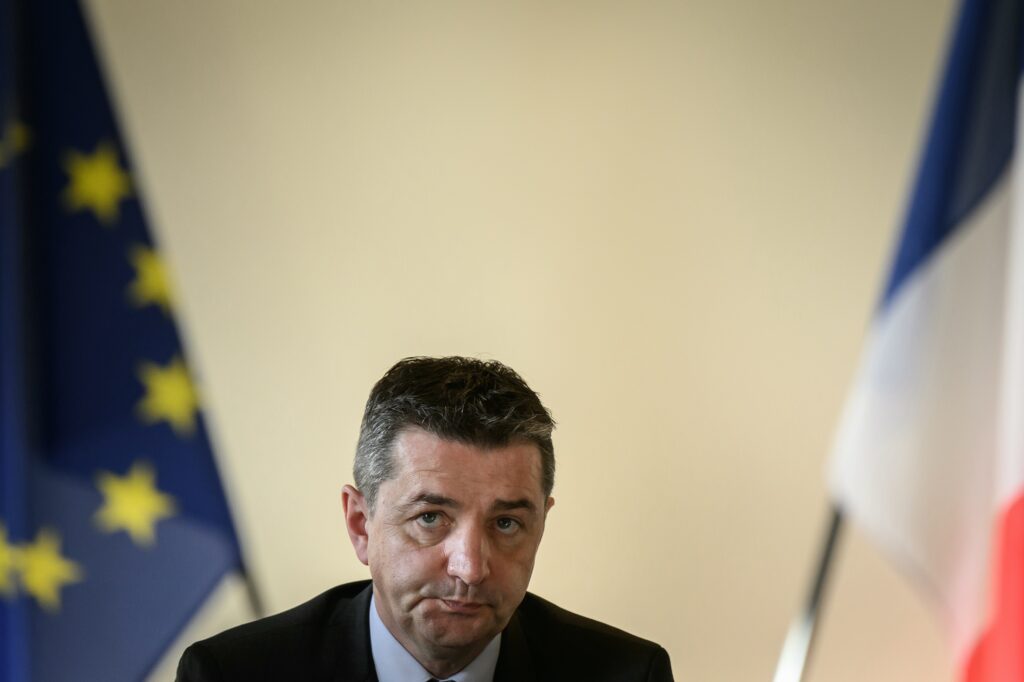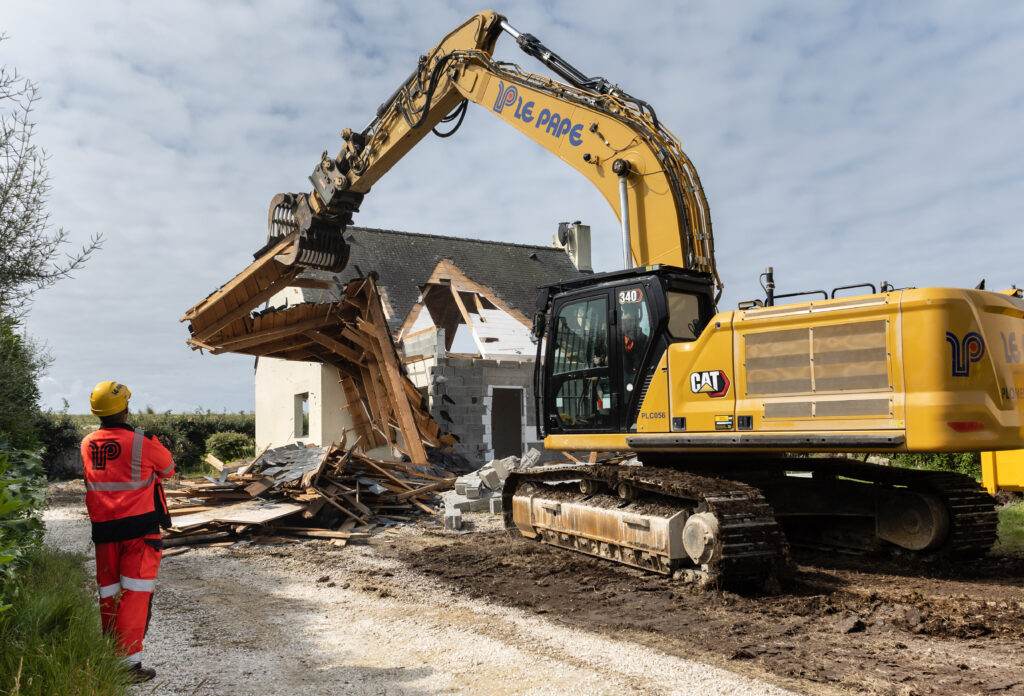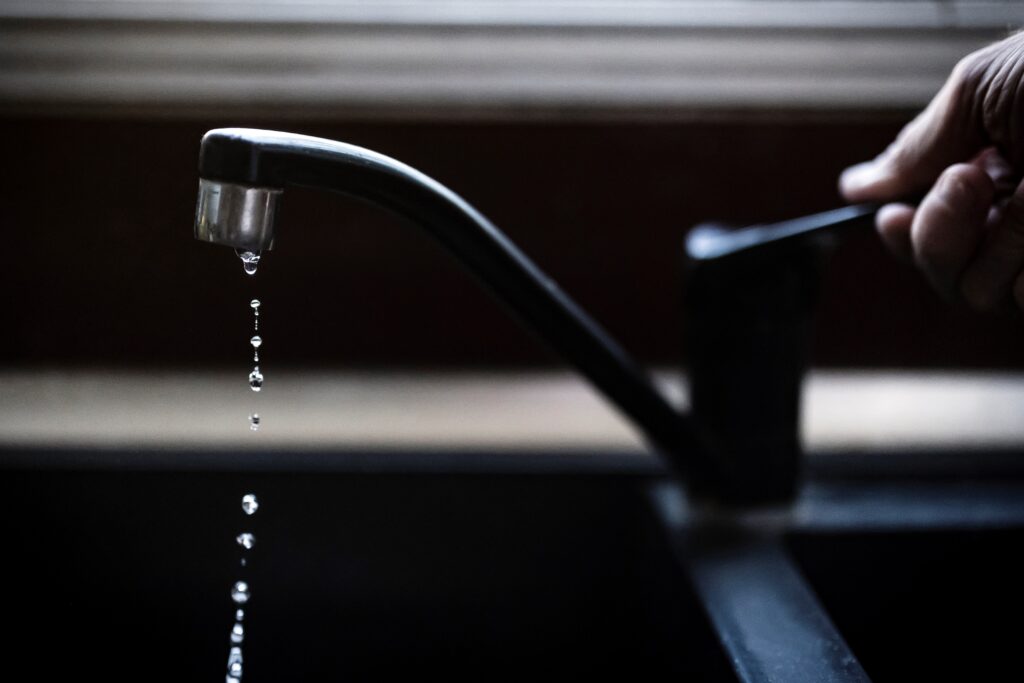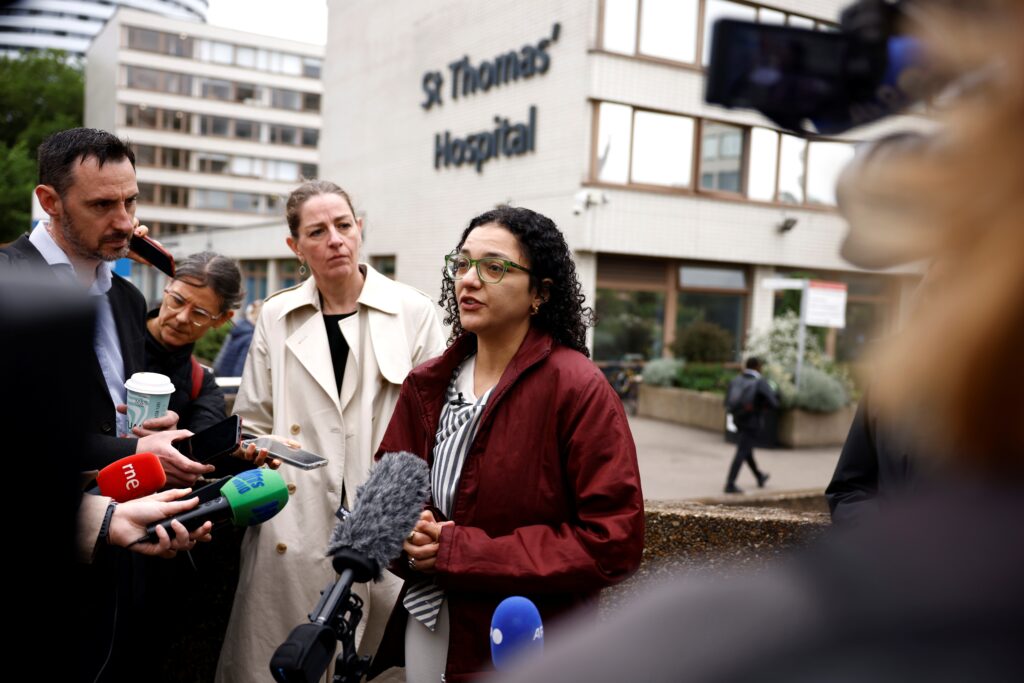La rupture avec Trump, une ombre sur les entreprises de Musk
La rupture publique entre Donald Trump et Elon Musk fait peser une menace sur toutes les sociétés dirigées par l’entrepreneur, via les contrats publics, le cadre réglementaire ou la législation fiscale.Tesla et les créditsLe constructeur automobile ne parvient pas à enrayer la chute de ses ventes, attribuée à une concurrence chinoise renforcée ainsi qu’à un mouvement de protestation de consommateurs notamment contre le rapprochement entre le président et le patron du groupe.En mai, le nombre de véhicules de la marque au “T” ont encore chuté de 67% sur un an en France, mais aussi de 36% au Royaume-Uni et en Allemagne.Déjà dans une passe difficile, le constructeur pourrait mal vivre le passage du paquet budgétaire voulu par Donald Trump et prévoyant la suppression, dès fin 2025, du crédit d’impôts pour l’achat d’un véhicule électrique, qui peut atteindre jusqu’à 7.500 dollars.Par ailleurs, début avril, le chef de l’État a pris un décret visant à faire annuler le mécanisme légal de contrôle des émissions des constructeurs en vigueur en Californie. Grâce à ce dispositif, Tesla revend chaque année aux autres marques des crédits carbone pour compenser leurs émissions.Selon une note publiée jeudi par JPMorgan, le démantèlement de ce marché, qui a été adopté par une dizaine d’autres États américains, priverait Tesla de 2 milliards de dollars de revenus par an.Elon Musk mise aussi beaucoup sur ses robotaxis autonomes, qui doivent être déployés dans les prochains jours à Austin (Texas).Cette mise en service ne nécessite pas d’autorisation du régulateur référent, la NHTSA, mais celle-ci, qui dépend du ministère des Transports et donc de Donald Trump, peut ouvrir des enquêtes et réclamer, le cas échéant, des rappels de véhicules.”L’environnement réglementaire sur les véhicules autonomes est très important pour Tesla”, martèle Dan Ives, analyste de Wedbush Securities.SpaceX et les contratsLe gouvernement fédéral et ses agences, ainsi que des collectivités américaines ont déjà contribué à hauteur de plus de 22 milliards de dollars à l’activité du groupe aérospatial, sous forme de contrats, subventions, prêts ou crédits d’impôts.En l’état, les engagements déjà signés lui assurent plusieurs milliards supplémentaires dans les années à venir.Mais comme il l’a montré avec l’université d’Harvard ou ses menaces envers Apple et Walmart, Donald Trump n’hésite pas à user de toutes les leviers du gouvernement pour viser institutions et entreprises.Sans compter que la filiale de SpaceX, Starlink et sa constellation de satellites, négocie actuellement de nouveaux contrats avec plusieurs agences gouvernementales, selon des médias américains.Autre angle d’attaque, l’Agence de régulation de l’aviation civile (FAA), qui a déjà suspendu les vols de SpaceX en septembre après une anomalie lors d’un tir de sa fusée vedette, la Falcon 9.”SpaceX est très lié au gouvernement”, insiste Dan Ives, analyste de Wedbush Securities. “Vous ne pouvez pas avoir un ennemi [à la Maison-Blanche] qui était auparavant votre meilleur ami.”xAI et la diplomatie IA Arrivé plus tard que ses grands concurrents sur le segment de l’intelligence artificielle (IA) générative avec la start-up xAI en juillet 2023, Elon Musk déploie des investissements colossaux pour en faire un acteur majeur de cette technologie.Selon le Wall Street Journal, il a aussi tenté, en mai, de contraindre les Émirats arabes unis d’inclure xAI dans un immense projet d’infrastructures dirigé par son concurrent OpenAI, sans succès.Selon le quotidien, il aurait laissé entendre aux responsables de l’entreprise technologique publique émirati G42 que Donald Trump ne validerait l’accord qu’à cette condition.La brouille avec le président américain pourrait priver xAI de l’aspiration offerte à OpenAI ou Nvidia par la diplomatie de l’IA mené par Donald Trump, qui cherche à inciter les pays alliés à se doter de technologies américaines pour contrer l’influence de la Chine dans l’intelligence artificielle.
